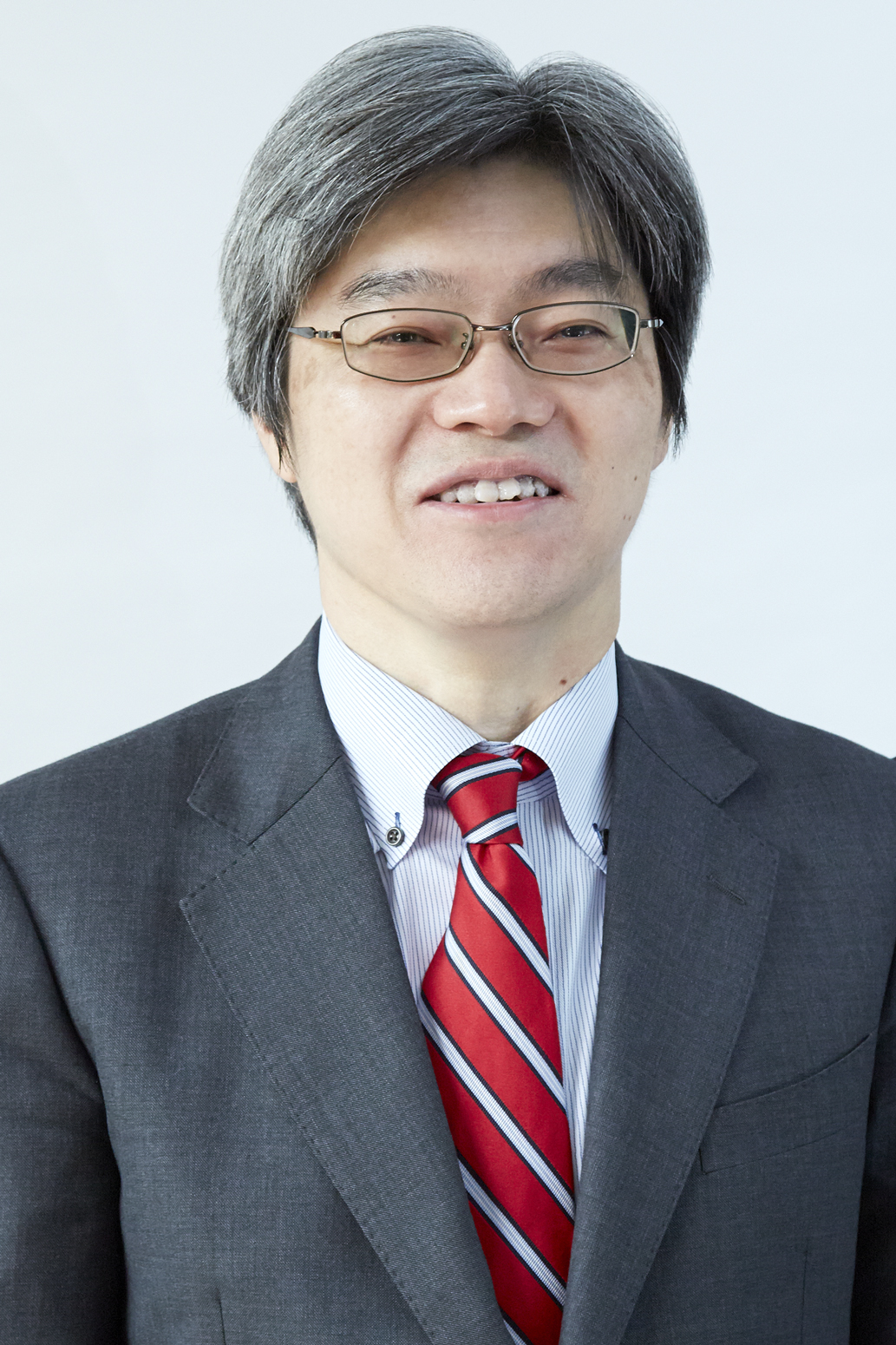
photo by yamashita kayo
The 20th century witnessed dramatic development across all disciplines of the natural sciences, becoming a period of wide-ranging technological advancement. These scientific and technological innovations tremendously expanded the scope of human activities, transformed society, and granted humans unprecedented powers.
Even so, the limitations of the basic systems supporting modern society, such as capitalism and democracy, have become obvious. I feel that the world situation is becoming increasingly unstable because of the manifestation of global-scale problems, including the degradation of the global environment, depletion of natural resources and division within society. For humanity today, which has acquired greater capabilities than all preceding generations, the path to creating a stable and peaceful society is still unclear. With these circumstances in mind, I believe that we are living in an age when we a new system is required that encourages people from diverse backgrounds to respect one another and cooperate so that they can give a substantial boost to the global economy. Nothing but human wisdom can put this new system into action. In other words, what I have just described is a society in which wisdom drives the economy. I believe that humanity is now at a crossroads, forced to choose whether or not a shift towards this kind of wisdom-driven society is possible. As a developed country in Asia, I believe that Japan has a historical obligation to lead humanity's shift towards a wisdom-driven society, and we believe that the University of Tokyo, which professes to be a “global base for knowledge collaboration” which will, connect the quest for knowledge with the utilization of knowledge and attract a diverse array of people from around the world, has a central role to play.
The Policy Alternatives Research Institute was established in 2008 to propose and publicize recommendations and statements on a range of policy alternatives for real-world problem solving. As part of the University of Tokyo, which has taken up the tasks mentioned above, we are currently expected to conceptualize the next generation mechanisms to supplant the limited mechanisms of contemporary society mentioned above, and in disseminate this to the world. To meet this expectations, capitalizing on the advantages offered by the University of Tokyo as a comprehensive university, we create forums for multidisciplinary communication in addition to combining research outcomes in various departments and disciplines, besides using the principles of a single scientific discipline, to make findings which will serve as the basis for solutions to a range of social challenges.
More specifically, in our six main research areas, researchers in fields such as nanotech, nanobiology, sustainable energy, geoengineering, pharmacology, artificial intelligence, innovation studies, intellectual property management, complex risk, international finance, international politics, public administration, science and technology policy, culture, and the arts intermingle across fields, and we organize research teams called research units to form ties with international academic communities and societies, promoting exploration of challenges to be resolved and interdisciplinary research regarding these challenges. Also, this institute contributes to the education of “knowledge professionals”, who, with a high degree of specialization with an international outlook and an ability to take action, will take the lead in the collaborative creation of knowledge, by providing a venue for research for initiatives such as the "Global Leader Program for Social Design and Management" (GSDM).
We would appreciate your support and cooperation.
Ichiro Sakata
Director, Policy Alternatives Research Institute,
The University of Tokyo,
June, 2016


